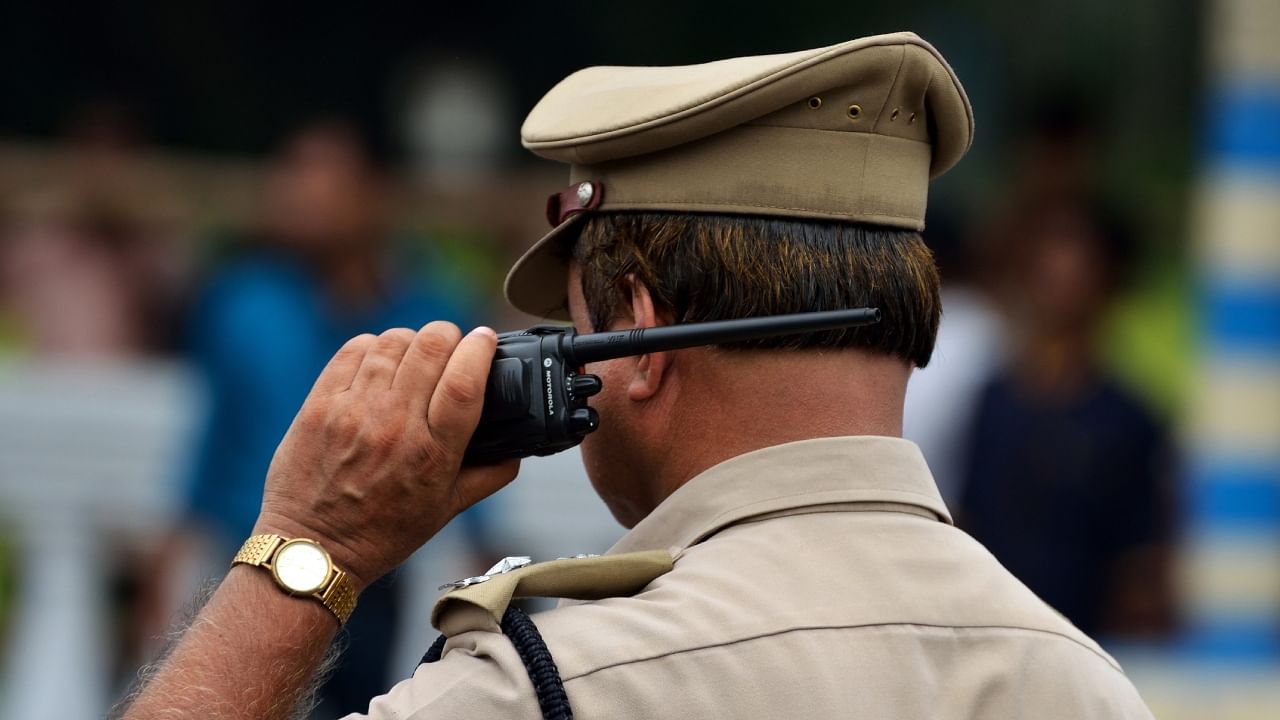
Gujarat Inspector General of Police (IGP) G L Singhal, who was one of the key suspects in Ishrat Jahan encounter case, has sought voluntary retirement scheme (VRS) citing "personal" reasons. The 2001-batch officer is also known for giving evidence in forms of pen drives to CBI which revealed illegal surveillance of a woman architect by Gujarat Anti-Terrorist Squad (ATS).
Confirming the development to DH, Singhal said that he wrote to the state government on April 24 seeking VRS on "personal grounds." He said that August 4 would be his last day in office. He said he is eligible for VRS under All India Services rules as he has already completed 20 years in service. Before joining Gujarat police, Singhal had also served as Income Tax inspector for six years.
Singhal is currently posted as IGP, Commando Training Center, Khalal in Gandhinagar district. He has been working here for nearly eight years since his first posting. After he was granted bail in Ishrat Jahan encounter case, the Gujarat government reinstated him in May 2014 and promoted him to Deputy Inspector General of Police (DIG) rank. However, after a brief stint with State Reserve Police, Singhal has remained at Commando Training Centre in Gandhinagar as its DIG and IGP.
Previously too, Singhal had tendered his resignation after his arrest in the encounter case but the government had rejected the same. Sources said that Singhal was sidelined due to his role in encounter case as he gave damning testimony implicating his senior officers and piece of evidence to CBI which revealed the illegal surveillance of an architect woman. Singhal, as Superintendent of Police, Gujarat ATS, was himself involved in the illegal surveillance. However, no investigation was carried out after the woman's father approached the high court against any such investigation.
Back in 2013, the CBI had arrested Singhal in the Ishrat Jahan encounter case along with top IPS officers including ex-DGP P P Pandey, ex-IPS officer D G Vanzara, ex-Superintendent of Police N K Amin, among others. Subsequently, they were all discharged by the special CBI court on the ground of absence of sanction under Section 197 of the Code of Criminal Procedure (CrPC). The section mandates securing prior sanction of the government before prosecuting public servants. The CBI never challenged any of the discharged orders and the case stands closed without trial.
Interestingly, Gujarat IPS officer Satish Verma, who led the CBI investigation into Ishrat Jahan, was dismissed from the service barely a month before his superannuation on charges of "talking to media", among others.
In 2013, the CBI investigation assisted by Verma had found that 19-year-old Mumbai college girl Ishrat, her friend Javed Sheikh alias Pranesh Pillai and two alleged Pakistani nationals-Zishan Johar and Amjadali Rana-were killed in a fake encounter in a "joint operation" carried out by Gujarat policemen and central Intelligence Bureau (IB) officers. The CBI claimed that the accused policemen had apprehended them four days prior to the encounter, kept them in illegal custody, and shot them dead in cold blood.
The CBI probe found that the accused policemen branded them as 'Lashkar-e-Taiba' operatives who wanted to kill the then Chief Minister Narendra Modi to avenge atrocities against Muslims that had taken place in 2002, following the Godhra riots.